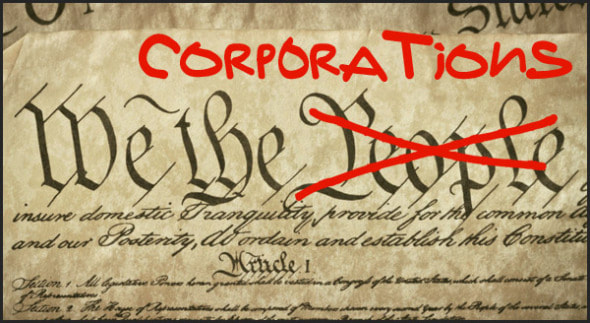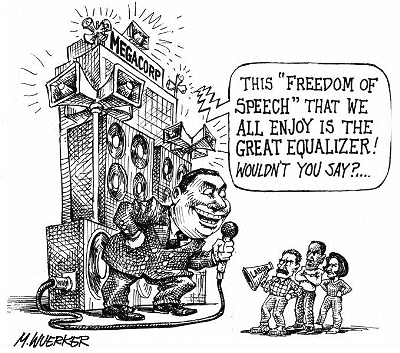the corporation
Corporations are a special type of organization where the people who owner it can sell or trade their shares of ownership to other people without having to reorganize the company. This transferring of shares is possible because the corporation is considered a separate legal entity from its owners, an "artificial person," which isn’t the case for other forms of companies.
The primary goal of corporations is to provide goods or services in exchange for money; their underlying goal is to generate a profit, as the law requires them to operate in a way that increases profitability and corporate value and, as a result, increase the value of the shares of stock held by the shareholders as the owners of the corporation.
The primary goal of corporations is to provide goods or services in exchange for money; their underlying goal is to generate a profit, as the law requires them to operate in a way that increases profitability and corporate value and, as a result, increase the value of the shares of stock held by the shareholders as the owners of the corporation.
|
Are Corporations People?
Originally adopted after the Civil War to protect the rights of freed slaves, the 14th Amendment has expanded the protection of civil rights for all Americans over the past 150 years. It’s been cited in more litigation than any other amendment to the U.S. Constitution, and has been at the center of many of the most famous Supreme Court decisions, including school desegregation, abortion and same-sex marriage. Under U.S. law, these essential rights belong not only to American citizens, but also corporations—thanks to a few key Supreme Court cases and a controversial legal concept known as corporate personhood. Corporations aren’t specifically mentioned in the 14th Amendment, or anywhere else in the Constitution. But going back to the earliest years of the republic, when the Bank of the United States brought the first corporate rights case before the |
|
Supreme Court, U.S. corporations have sought many of the same rights guaranteed to individuals, including the rights to own property, enter into contracts, and to sue and be sued just like individuals.
It wasn’t until the 1886 case, Santa Clara County v. Southern Pacific Rail Road, that the Court appeared to grant a corporation the same rights as an individual under the 14th Amendment. The case is remembered less for the decision itself than for a note added to it by the court reporter at the time, which quoted Chief Justice Morrison Waite as saying, “The Court does not wish to hear argument on the question whether the provision in the Fourteenth Amendment to the Constitution which forbids a state to deny to any person within its jurisdiction the equal protection of the laws applies to these corporations. We are all of opinion that it does.” |
|
Over time courts gave corporations additional rights like, the right to spend unlimited funds on ballot initiatives as part of their First Amendment right to freedom of speech (1978 Bellotti decision and Citizens United v. Federal Election Commission); and first amendment religious freedom protection (Burwell v. Hobby Lobby Stores).
Not everyone agrees with this growing interpretation of corporate personhood. In his dissent in Bellotti, Supreme Court Justice William H. Rehnquist wrote that corporations were “artificial” persons rather than “natural” persons, and that granting them the right to political expression could “pose special dangers in the political sphere.” Along similar lines, Justice John Paul Stevens argued in his dissent to Citizens United that “Corporations…are not themselves members of ‘We the People’ by whom and for whom our Constitution was established.”
Not everyone agrees with this growing interpretation of corporate personhood. In his dissent in Bellotti, Supreme Court Justice William H. Rehnquist wrote that corporations were “artificial” persons rather than “natural” persons, and that granting them the right to political expression could “pose special dangers in the political sphere.” Along similar lines, Justice John Paul Stevens argued in his dissent to Citizens United that “Corporations…are not themselves members of ‘We the People’ by whom and for whom our Constitution was established.”

